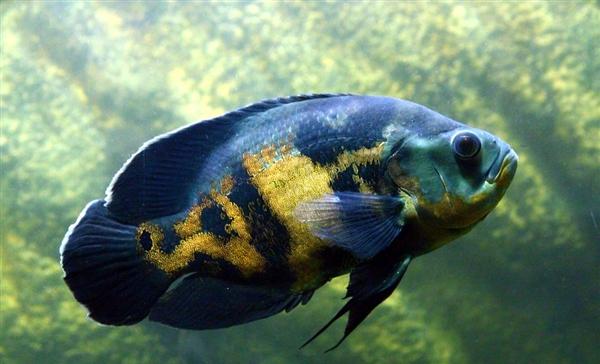Recently, according to foreign media reports, a new study published in the journal Nature Communications shows that hybridization can promote the evolution of new species.
Biologists at St John's College, Cambridge, have found an unusual diversity of fish populations in lakes on Zambia's border with Congo.
The team conducted a 10-year study of the region's lakes, testing the DNA of more than 400 cichlids and discovering more than 40 new species. After experimental tests, the researchers believed that the water quality of the lake was too turbid and insufficient light, which was identified as the reason for the emergence of new fish species.
Joana Meier, an evolutionary biologist at St John's College, Cambridge, said: "It may be because when the lake forms, the water is cloudy and they can't see the right color, so the females aren't so picky when choosing a new environment. ”
Cichlids are usually selected by females to mate with, but because the water quality of the lake is too turbid to identify the same male, it may mate with other species of similar color.
The findings also provide proof that hybridization can promote the evolution of new species and increase biodiversity.
